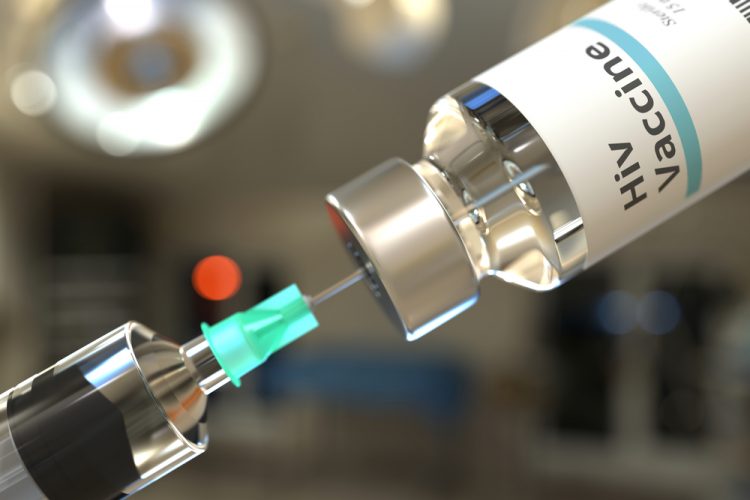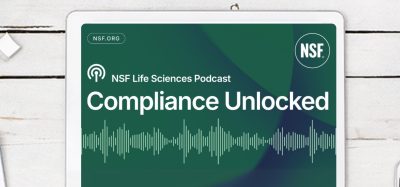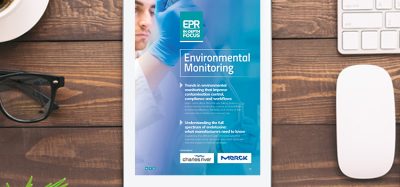HIV vaccine fails to protect women against infection
Posted: 1 September 2021 | Anna Begley (European Pharmaceutical Review) | No comments yet
The investigational vaccine tested in sub-Saharan Africa posed no safety concerns but did not provide sufficient HIV protection.


An investigational HIV vaccine tested in the Imbokodo Phase II clinical trial in sub-Saharan Africa posed no safety concerns, however it did not provide sufficient protection against HIV infection, according to a primary analysis of the study data. The Phase IIb proof-of-concept study, also known as HVTN 705/HPX2008 and sponsored by Johnson & Johnson, began in November 2017 and enrolled 2,637 women ages 18 to 35 years from five countries.
The vaccine candidate used adenovirus serotype 26 (Ad26), engineered to not cause illness, to deliver quadrivalent mosaic antigens to spur an immune response. Earlier research indicated the vaccine was both well-tolerated and could induce an anti-HIV immune response.
Study participants were offered pre-exposure prophylaxis medication to prevent HIV infection during the clinical trial. The women who acquired HIV infection were directed to medical care and offered antiretroviral treatment. Imbokodo participants received four vaccinations during a one-year period, including four doses of the investigational quadrivalent vaccine. The final two doses were administered together with doses of an HIV protein, clade C gp140, and an adjuvant to boost immune responses. Participants were followed for at least two years. The primary analysis occurred one year after the last study participant’s final vaccination.
The primary analysis was conducted 24 months after participants received their first vaccinations. The trial’s primary endpoint was based on the difference in the number of new HIV infections between the placebo and vaccine groups from month seven (one month after the third vaccination timepoint) through month 24.
When comparing the number of new HIV infections between study participants who were randomly assigned to receive either placebo or the investigational vaccine, statisticians found that 63 participants who received the placebo and 51 participants who received the experimental vaccine acquired HIV infection. The investigational vaccine’s efficacy was therefore 25.2 percent (95 percent confidence interval of vaccine efficacy -10.5 percent to 49.3 percent).
The vaccine was found to be safe with no serious adverse events (AEs) associated with it. Further analysis of the Imbokodo study will continue, and the study is thought to have provided sufficient data for further immunological correlates research.
“The development of a safe and effective vaccine to prevent HIV infection has proven to be a formidable scientific challenge,” commented Anthony Fauci, Director at National Institute of Allergy and Infectious Diseases (NIAID) of the National Institutes of Health (NIH). “Although this is certainly not the study outcome for which we had hoped, we must apply the knowledge learned from the Imbokodo trial and continue our efforts to find a vaccine that will be protective against HIV.”
In addition to its primary review of the Imbokodo study, the partners, in consultation with an independent data and safety monitoring board (DSMB), determined that a complementary Phase III HIV vaccine study called Mosaico (HVTN 706/HPX3002) should continue. That clinical trial is testing the safety and efficacy of a different investigational HIV vaccine among a different patient population (men who have sex with men and transgender populations) and in different geographical locations (the Americas and Europe) than the Imbokodo trial. The Mosaico study is estimated to be completed in March 2024.
Related topics
Big Pharma, Clinical Development, Clinical Trials, Data Analysis, Dosage, Drug Development, Drug Safety, Drug Targets, Immunisation, Research & Development (R&D), Vaccine Technology, Vaccines, Viruses
Related organisations
Johnson & Johnson, National Institute of Allergy and Infectious Diseases (NIAID), National Institutes of Health (NIH)









